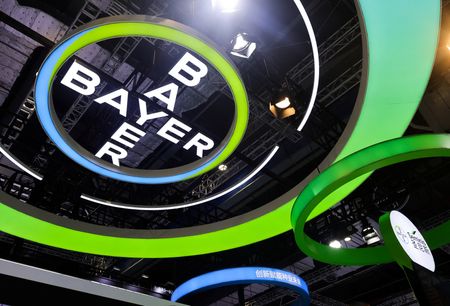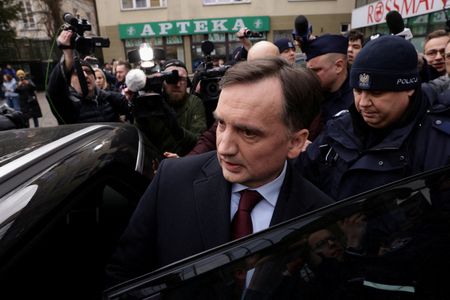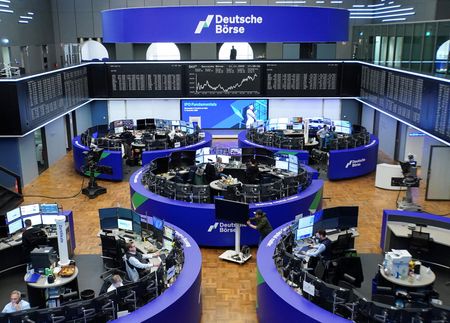By Ludwig Burger
FRANKFURT (Reuters) -Germany’s Bayer said on Wednesday it expected higher one-off costs this year from litigation provisions, after recent setbacks in product liability cases, and for buying out executives in its ongoing restructuring programme.
The maker of drugs, seeds and crop chemicals said it now expects special items to reduce earnings before interest, tax, depreciation and amortisation (EBITDA) by between 3.5 billion euros ($4 billion) and 4 billion euros. This compared with a previous range of 2.5 billion euros to 3.5 billion euros.
Excluding one-off items and currency swings, Bayer confirmed its 2025 EBITDA forecast of between 9.7 billion euros and 10.2 billion euros, against 10.1 billion euros last year.
Shares in Bayer were up 3.3% at 0929 GMT.
Finance chief Wolfgang Nickl said that in 2026, significant currency headwinds would continue, while the agricultural market was shaping up to be “quite dynamic”.
Bayer said the adverse financial impact from litigation was 934 million euros during the June to September period.
Last month, the Missouri Supreme Court declined to take up Bayer’s appeal of a $611 million verdict over claims that its Roundup weedkiller causes cancer.
Bayer CEO Bill Anderson has said his goal is to make meaningful progress on glyphosate cases by the end of 2026.
Also last month, a U.S. court reinstated an unfavourable $185 million verdict over contamination with polychlorinated biphenyls, or PCBs, at a Washington state school.
Bayer also said on Wednesday that it had cut about 13,500 full-time positions – resulting in global staffing of about 88,500 – since the start of cutbacks to speed up decision-making and to reduce managerial and administrative positions.
That is up from a job cut tally of 12,000 in August.
Bayer said overall third-quarter adjusted EBITDA rose 20.8%, to a better-than-expected 1.51 billion euros, citing gains in its Crop Science division and accounting reconciliation effects.
Reconciliation included lower expenses for personnel-related adjustments, it said.
($1 = 0.8575 euros)
(Reporting by Ludwig Burger, Editing by Miranda Murray and Alexander Smith)










